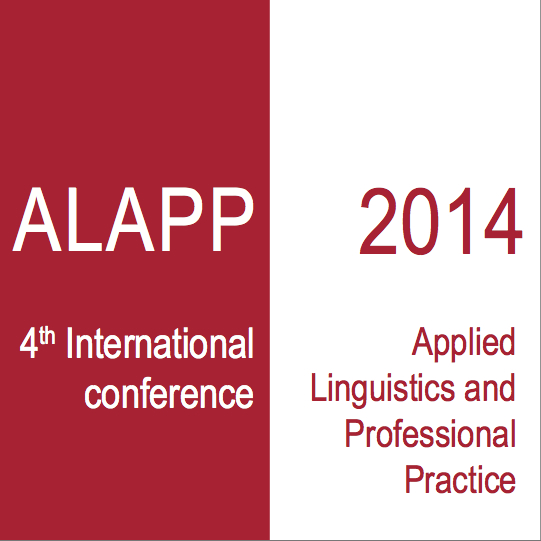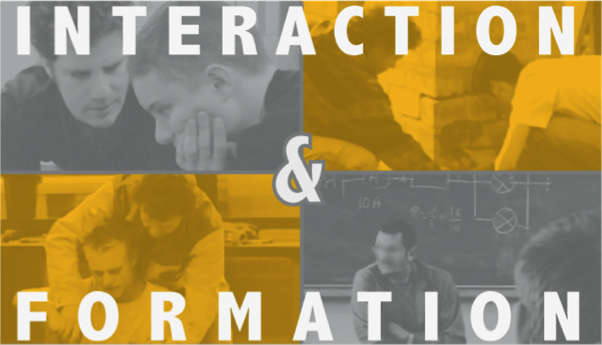Keynote speakers
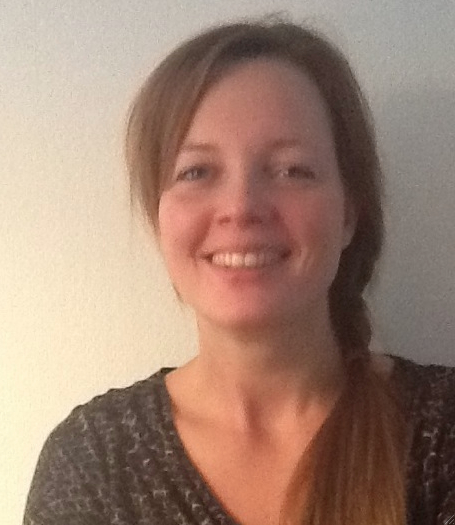
Utrecht University
Sanne Akkerman is Associate professor at the Department of Education, Utrecht University in the Netherlands. Her interests relate to the role of social interaction in learning and identity development of students and professionals, and the way these processes take place at individual, group and institutional levels. A large part of her empirical work has focused on boundary crossing and transitions, referring to collaboration between and movements across different social and institutional practices. Empirical studies include international academic collaboration and inter-university collaboration projects, school-work transitions during apprenticeships in teacher education, medical education and vocational education. Her research is guided by a dialogical and socio-cultural perspective on cognition and activity. Sanne Akkerman recently conducted a literature review on boundary crossing and boundary objects and organized a special issue in order to capture this emergent field of research in learning sciences (Akkerman & Bakker, 2011a, 2011b). Besides these educational themes, her focus has been on developing and improving the rigor of qualitative methodologies.
Title of keynote address:
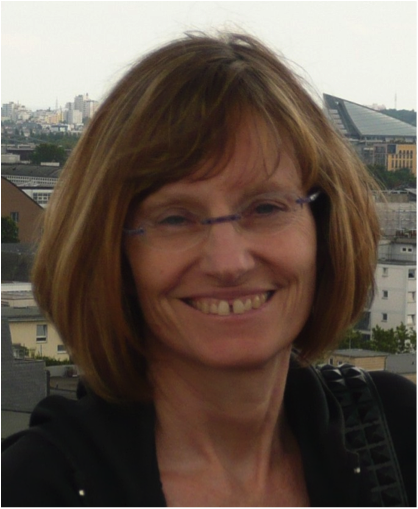
University of Texas
Elizabeth Keating is Professor of Anthropology at the University of Texas at Austin, where she has also held the position of Director of the Science, Technology and Society Program. Her research interests include how people integrate communication and participation technologies into their everyday lives, computer-mediated communication, virtual collaborative work practices, societal impacts of technological and scientific innovations, language and hierarchy, language and space (including professional work spaces and computer gaming spaces), sign language, multimodality, cross-cultural engineering design collaborations, globalization and culture, and discourse and culture. She has conducted fieldwork in Micronesia, Germany, and the U.S. deaf community, and in work settings in Romania, India, Brazil, and the U.S. She is the author of Power Sharing: Language, Rank, Gender, and Social Space in Pohnpei, Micronesia (Oxford) and has published papers on a variety of interrelated topics in language and technology. She is past editor of the Journal of Linguistic Anthropology.
Title of keynote address:

Victoria University of Wellington
Dr Meredith Marra has been a core member of the Wellington Language in the Workplace Project team since 1998. She is a Senior Lecturer at Victoria University of Wellington where she teaches a range of courses in sociolinguistics from first year to PhD level. Meredith's primary research interest is the language of business meetings, and she has published in the areas of humour, gender and ethnicity in workplace interactions in Language in Society, the Journal of Pragmatics and Text & Talk. From 2006-2008 she was Associate Investigator on “Effective Leadership in Māori and Pākehā organisations”, a project funded by a Marsden grant from the Royal Society of New Zealand. Most recently her research has tracked skilled migrants as they enter the New Zealand workforce. She is co-author of Leadership, Discourse and Ethnicity (2011, Oxford University Press) and co-editor of Constructing Identities at Work (2011, Palgrave Macmillan).
Title of keynote address:
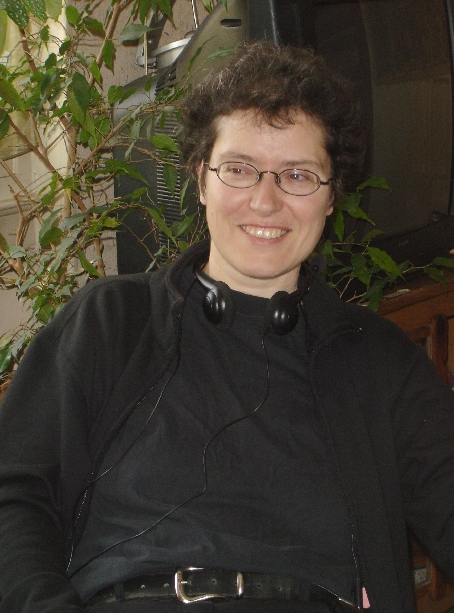
University of Basel
Lorenza Mondada is currently professor for linguistics at the University of Basel – after having worked for the University of Lyon/ICAR CNRS lab for about 10 years. Her research deals with social interaction in ordinary, professional and institutional settings, within an ethnomethodological and conversation analytic perspective. She is interested in how linguistic resources are not only used but also configured and transformed in interaction, as well as in how the situated and endogenous organization of social interaction draws on multimodal resources such as, beside language, gesture, gaze, body posture, body movements and objets manipulations. Her work has explored a diversity of settings (surgical theatres, architectural practices, meetings, family meals, encounters in public spaces, call centres, etc.) on the basis of video recordings of naturally occurring activities. She has extensively published in Journal of Pragmatics, Discourse Studies, Language in Society, ROLSI and co-edited various collective books (among others Knowledge in Interaction, with T. Stivers and J. Steensig, CUP, 2011; Mobility in Interaction, with P. Haddington and M. Nevile, De Gruyter, 2012 ; Video at Work, with M. Broth and E. Laurier, Routledge, 2013) and special editions (among others Assessments in Social Interaction, ROLSI, 2009, with A. Lindström).
Title of keynote address:
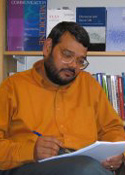
Aalborg University
Srikant Sarangi (MA, MLitt, PhD, AcSS) is Professor in Humanities and Medicine and Director of the Danish Institute of Humanities and Medicine/Health (DIHM) at Aalborg University, Denmark. Between 1993 and 2013, he was Professor in Language and Communication and Director of the Health Communication Research Centre at Cardiff University, where he now holds the title of Honorary Professor. Between 2009 and 2013 he was Honorary Professor at Aalborg University and Professor II at Norwegian University of Science and Technology (NTNU), Trondheim (Norway). He is currently Visiting Research Professor, Centre for the Humanities and Medicine, The University of Hong Kong (SAR China); and Visiting Professor under the Academic Icon scheme at University of Malay (Malaysia). In 2012, he was awarded the title of ‘Academician’ by the Academy of Social Sciences, UK. His research interests are in discourse analysis and applied linguistics; language and identity in public life and institutional/professional communication studies (e.g., healthcare, social welfare, bureaucracy, education etc.). He has held several project grants (Funding bodies include The Wellcome Trust, The Leverhulme Trust, ESRC) to study various aspects of health communication, e.g., genetic counselling, HIV/AIDS and telemedicine. The other areas of healthcare research include communication in primary care, palliative care, with particular reference to assessment of consulting and communication skills.

Loughborough University
Elizabeth Stokoe is Professor of Social Interaction in the Department of Social Sciences, Loughborough University, UK. She studies social interaction across a variety of everyday and institutional settings, using conversation analysis and membership categorization analysis. These settings include simulated interaction, neighbour mediation, telephone calls to mediation helplines, classroom education (in higher education), police interrogations, dating, and friendship groups. She has recently developed a training method called the ‘Conversation Analytic Role-play Method’ (CARM) and has run over 80 workshops with mediators and the police, across the UK, Ireland and the USA. Alongside CARM, she has studied the similarities and differences between role-played, or simulated, interaction, of the kind found in typical communication skills encounters, and the actual interaction that training is meant to mimic.
Title of keynote address:


